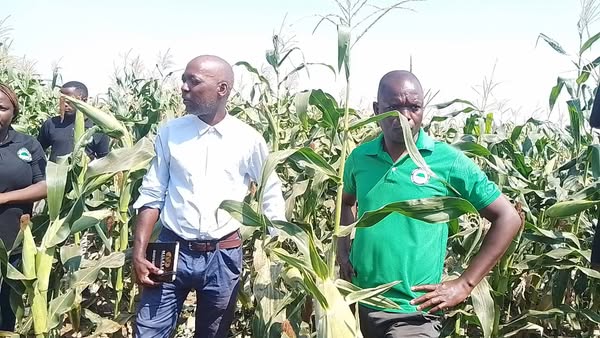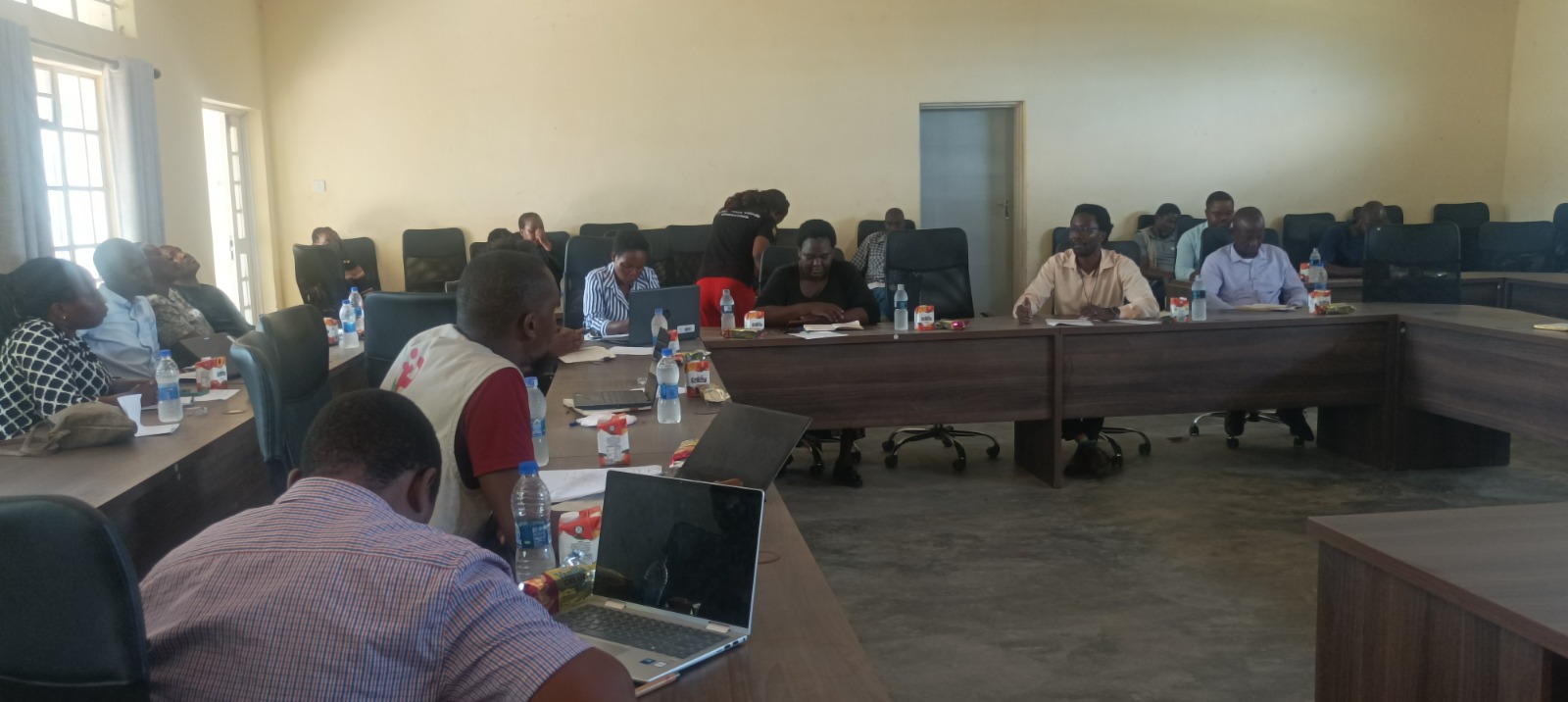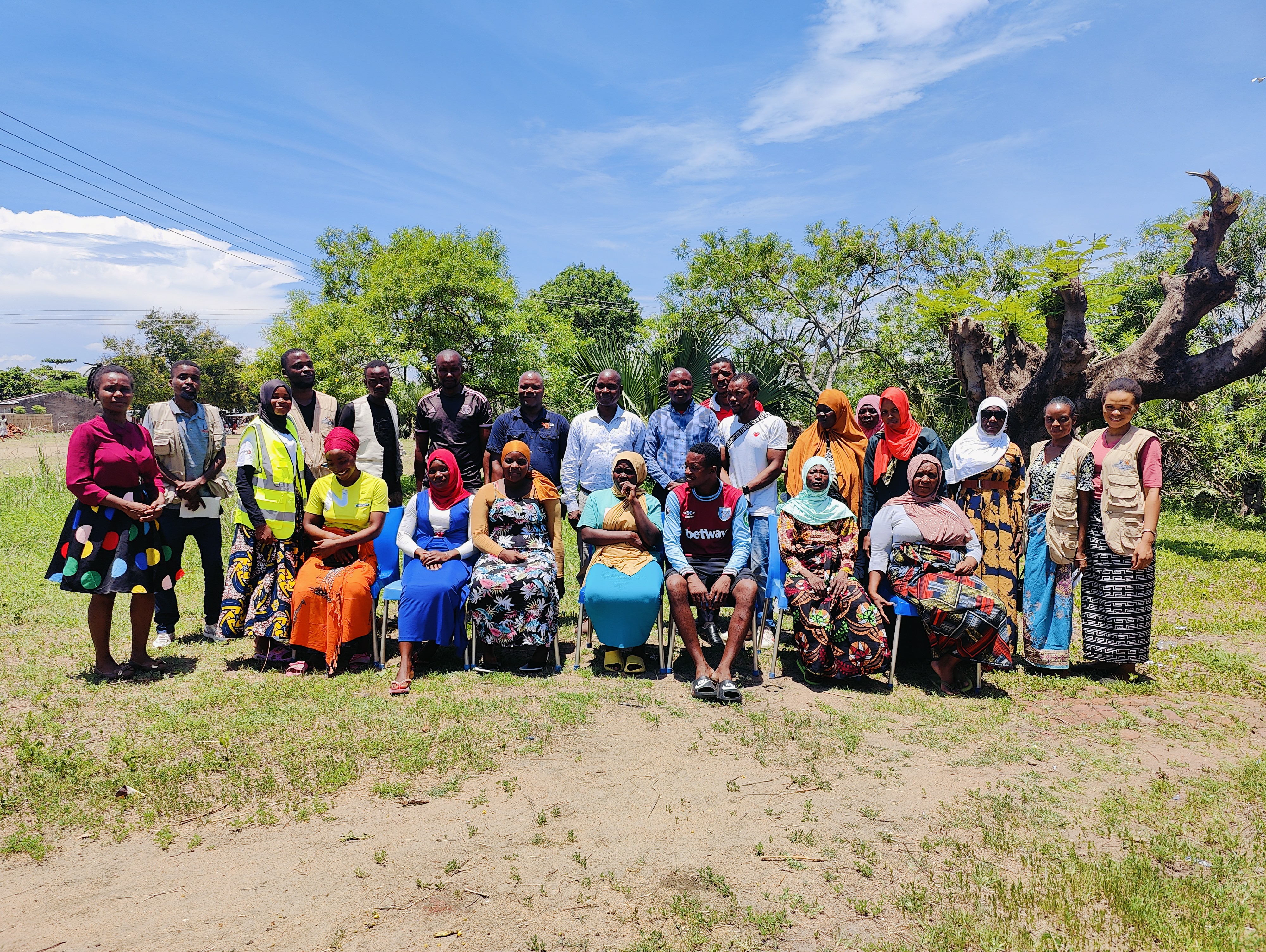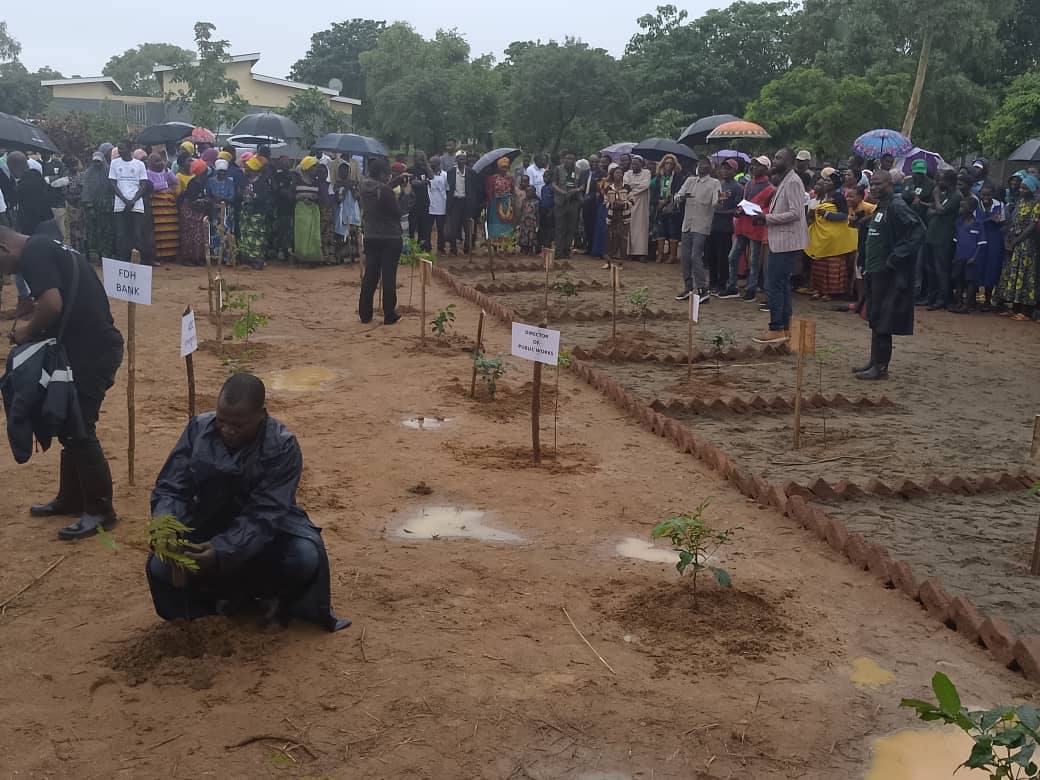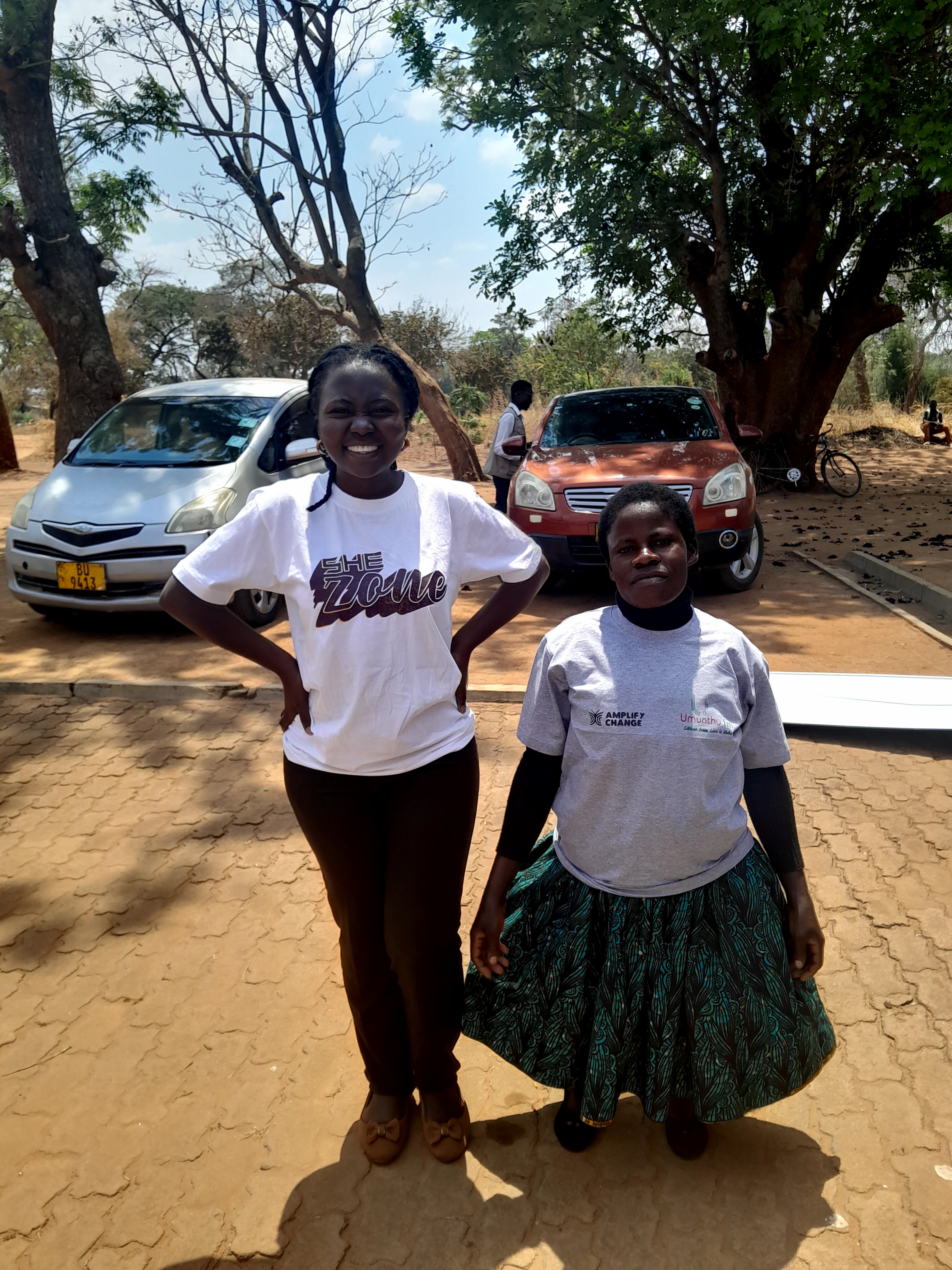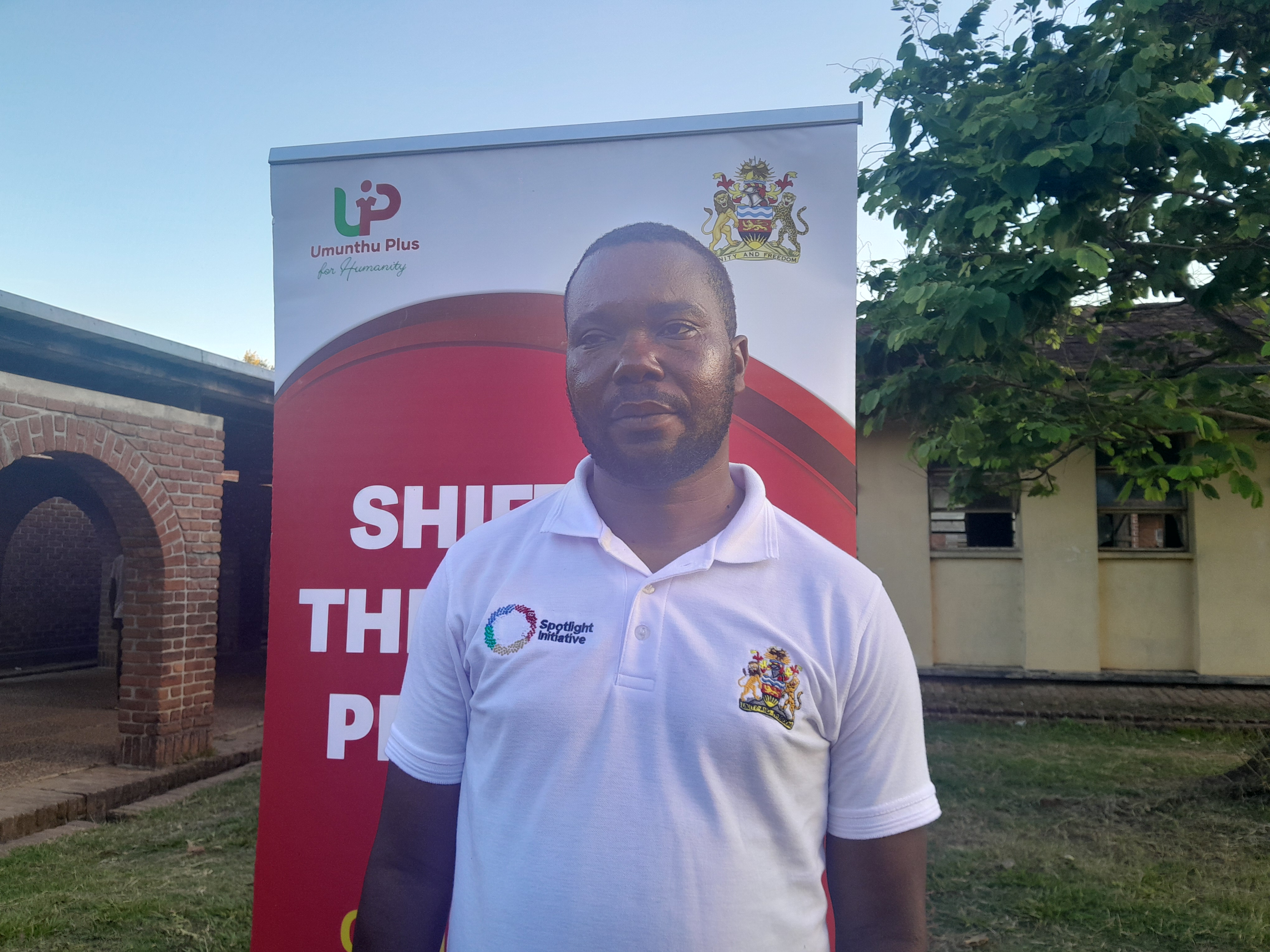Members of Pharaoh and Natiyi Irrigation Schemes in Nkhotakota District have praised the Micro-Irrigation Farm Input Loans (MIFIL) from the National Economic Empowerment Fund (NEEF) for empowering them to engage in irrigation farming.
Nelson James, a member of Pharaoh Irrigation Scheme in Ntosa Extension Planning Area under Pharaoh Village, Traditional Authority Mwadzama, recalled a time when he could not afford a bag of fertilizer due to financial constraints.
“Previously, I was unable to buy even half-a-bag of fertilizer for my maize field due to financial challenges resulting from unproductive farming,” James said.
With NEEF’s farm input loan, James has now cultivated a 2-acre maize field, which he says will improve his household’s food security and generate income.
“Through our group, I received four bags of fertilizer (Urea 2 bag, NPK 2 bags), Maize seeds, and pesticides which has helped me cultivate a 2-acre maize field,” he added.
Another beneficiary, 21-year-old Richard Billy of Natiyi Irrigation Scheme under Zidyana Extension Planning Area in the same traditional authority, boasted that apart from receiving fertilizer, maize seeds, and pesticides, they have also acquired solar-powered water pumps, enabling them to grow maize during the dry season.
“Apart from fertilizer and seeds, NEEF also gave us solar-powered water pumps which we are using as a group to do irrigation farming during winter season,” he said, adding that “the irrigation farming is helping us to have sufficient food and income for our households”.
The two farmers shared their experiences on Friday when NEEF conducted post-disbursement monitoring of Micro-Irrigation and Farm Implements Loans in the district.
Agriculture Extension and Development Coordinator for Zidyana EPA, John Mangani, pledged to continue providing technical advice to farmers to help them fully understand irrigation farming and strengthen their group management skills.
“Not only does this initiative benefit the targeted group but also serves as a model for productive farming which will eventually woo many villagers to adopt irrigation farming.
Meanwhile, NEEF Chief Executive Officer, Humphrey Mdyetseni, expressed hope that the program will achieve its goal of securing food security and increasing incomes for farmers, adding that the institution aims to accommodate at least 200,000 beneficiaries for the winter cropping.
“We are going in the right direction to achieve the country’s food security and livelihoods for many Malawians.
“This is why we would like to accommodate around 200,000 beneficiaries of the program for winter cropping to ensure sustainable availability of food and income for these households,” Mdyetseni said.
The National Economic Empowerment Fund-NEEF has disbursed a total of MK34 billion for Micro-Irrigation and Farm Implements Loans and Livestock loans from 14th April to 12 August 2025-with total loan disbursement standing at K272 billion.
